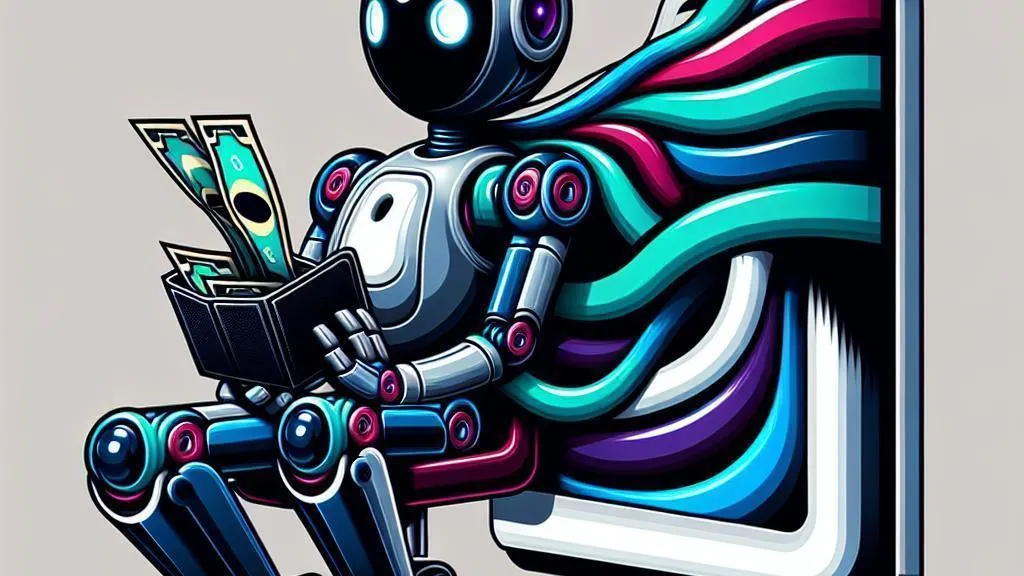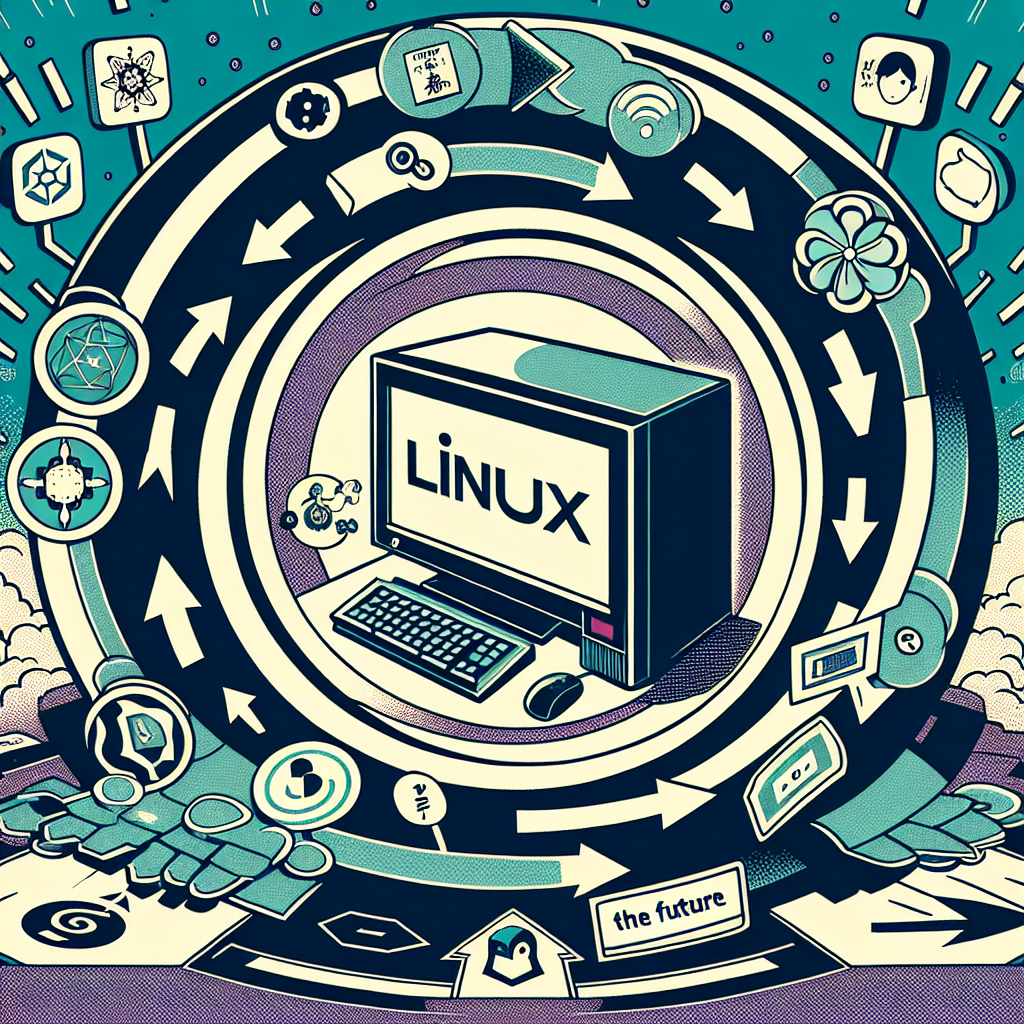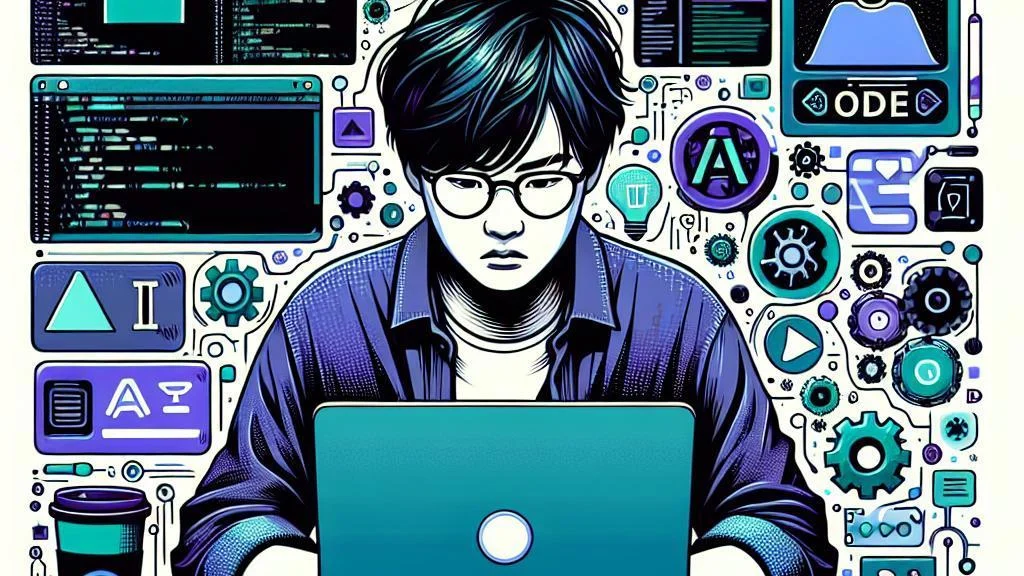AI Coding Tools: Supercharging Entry-Level Developers
As an entry-level developer, I've been fascinated by the rapid advancements in artificial intelligence …

The delay of Windows 12 isn’t just a hiccup in Microsoft’s release schedule but a herald of a deeper, more profound transformation. This shift, marked prominently by the integration of artificial intelligence within our operating systems, beckons us to peer into a future where the boundaries of technology and daily life blur even further.
As I traverse this terrain, there’s an undeniable push towards AI and a looming question: what does it mean for the economic fabric underpinning these advances? Herein, we’ll explore the impact of Windows potentially transitioning to a subscription model and the broader implications for software accessibility and the championing of open-source alternatives like Linux.
Through contemplative reflection and a hopeful gaze towards the horizon, I aim to unpack these shifts, presenting a narrative as varied in structure as the subject it explores.

In my journey through the convergence of AI and everyday technology, the delay of Windows 12 symbolizes more than a mere rescheduling. It’s emblematic of a tectonic shift in the foundations of our digital environments towards realms where artificial intelligence coexists and is embedded within the systems we rely on daily.
The push by Microsoft to incorporate AI directly into the operating system marks a significant pivot towards creating computing experiences that are not just smarter but also more intuitive and responsive to our needs.
The implementation of AI, as seen with the advent of Bing chat and its forthcoming paid version, points towards an era where operating systems will vastly differ from what we’ve known. These advancements suggest a future where AI performs mundane tasks effortlessly, directly from your desktop.
“Imagine a Windows experience where AI curates your daily tasks, simplifies complex data analysis, and manages your schedule with unparalleled efficiency,” as Microsoft might say. However, this raises questions about the economic model that will support such technological leaps—hinting at a future where Windows may adopt a subscription-based model to sustain these AI integrations.
The potential shift of major operating systems like Windows to subscription models requires us to consider the implications for consumer choice and software accessibility. Subscription models could redefine how updates and security features are delivered, envisaging a service that continuously evolves without needing major, discrete purchases. “This transitions us from buying software outright to renting our digital lives,” reflecting my thoughts on the broader shift in software consumption models.
However, this raises profound questions:
These queries necessitate a contemplative exploration of our digital future and highlight the complexities of moving towards a subscription model for operating systems.
As we explore the potential future of operating systems, we must understand the key components that will drive these AI-powered platforms. At the heart of these systems lies the "orchestrator LLM" (Large Language Model), which acts as the central brain, coordinating interactions and managing system resources.
This orchestrator LLM, developed by leading players such as OpenAI, Google, or Anthropic, will seamlessly integrate various functionalities and ensure a smooth user experience.
Another crucial aspect of AI-driven operating systems is the LLM App Store, where users can access fine-tuned LLMs designed for specific tasks. These specialized models will work in harmony with the orchestrator LLM, enabling users to achieve their objectives more efficiently and effectively.
The shift towards gesture-based and voice-based interactions will redefine how we interact with our devices. This transition will make our interactions more intuitive and natural, enhancing the overall user experience and making technology more accessible to a wider audience.
Against these shifts, Linux shines as a beacon of hope for those seeking an alternative to the subscription tide. Its open-source philosophy offers a free-to-use operating system and an invitation to understand, modify, and improve the technology we use daily.
The allure of Linux lies in its flexibility and the control it offers over one’s digital environment. “Linux represents the pinnacle of digital autonomy, where the only limit to what you can achieve is your willingness to learn,” encapsulates the spirit behind the open-source movement.
The evolution of user-friendly distributions such as Ubuntu and Fedora significantly lowers the barriers to entry, making Linux a more plausible choice for daily use beyond the realms of developers and tech enthusiasts.

As we stand at this crossroads, considering the future of operating systems, the open-source community provides a promising alternative narrative. The ethos of open-source—collaboration, transparency, and a commitment to accessibility—challenges the emerging norm of subscription-based services. It urges us to consider the values that should drive the evolution of technology: Should profit motives dictate access, or should we strive for a digital ecosystem that prioritizes empowerment and shared growth?
“We face a choice not merely between different technologies but between contrasting visions of the future,” I often reflect. This isn’t just about selecting an operating system; it’s about deciding the kind of digital society we wish to cultivate.
As we embrace the potential of AI-driven operating systems, addressing the security concerns that come with this paradigm shift is crucial. While AI offers numerous benefits, it also introduces new security challenges that must be carefully considered and mitigated.
To ensure the security of AI-driven operating systems, traditional security practices such as authentication, software supply chain security, and encryption must be adapted and strengthened. Additionally, novel approaches like dual LLMs (privileged and quarantined) and control tokens can enhance security and access control, preventing unauthorized actions and protecting sensitive data.
Furthermore, rigorous evaluation processes and vulnerability scanning techniques, such as VONE (Vulnerability and Exploit) scanning, will be essential to identify and mitigate potential security risks. By proactively addressing these concerns and continuously improving security measures, we can foster trust in AI-driven operating systems and ensure their safe adoption.
As we look towards the future of operating systems, it is important to consider the potential layout of this new landscape. Similar to the current ecosystem, we can expect the presence of both closed-source and open-source players in the AI-driven operating system market.
Closed-source giants like Microsoft and Apple will likely develop their AI-driven operating systems, leveraging their extensive resources and expertise to create proprietary solutions. On the other hand, the open-source community will continue to play a vital role, with projects like Linux and Unix serving as the foundation for various AI-driven distributions.
The emergence of open-source AI models, such as LAMMA, will further contribute to developing AI-driven operating systems, providing accessible and transparent alternatives to proprietary solutions. This diverse landscape will offer users various options, enabling them to choose the operating system that best aligns with their values and requirements.
As we move towards AI-driven operating systems, we must strike a delicate balance between embracing innovation and ensuring security. While these systems have immense potential benefits, we must approach their development and adoption with careful consideration and mitigation of associated risks.
Collaborative efforts between industry leaders, researchers, and the open-source community will be crucial in addressing security concerns and developing robust solutions. By fostering a culture of continuous improvement and prioritizing security alongside innovation, we can create AI-driven operating systems that are both transformative and trustworthy.
As users, we are responsible for making informed decisions about the software we support and the platforms we use. By championing operating systems prioritising security, privacy, and transparency, we can shape a future where technology empowers us without compromising our digital well-being.
As we navigate through these transformative times, the potential shifts towards subscription-based operating systems and the integration of AI into platforms like Windows signify a broader evolution in computing.
Yet, amidst these changes, the resurgence of interest in Linux and open-source solutions offers a glimpse into a future where technology can be more inclusive, adaptive, and owned by the community.
In this moment of transition, we find ourselves pondering the path ahead, making choices that will define the computing landscape for years to come. “The future of technology, as I see it, holds the promise of more intelligent systems, more engaging experiences, and the power of choice” embodies the optimism and caution we must approach these developments.
As we look towards the horizon, let’s champion a future where technology empowers everyone, transcending barriers and fostering an environment of learning, growth, and accessibility.
The decisions we make today—in the software we support, the platforms we use, and the values we uphold—will sculpt the world of tomorrow.
Some other posts you may like

AI Coding Tools: Supercharging Entry-Level Developers
As an entry-level developer, I've been fascinated by the rapid advancements in artificial intelligence …
February 28, 2024
Read More
How to use Midjourney
In today's rapidly evolving digital tech space, artificial intelligence (AI) tools are transforming how we …
February 28, 2024
Read More